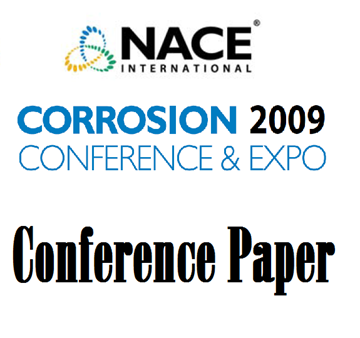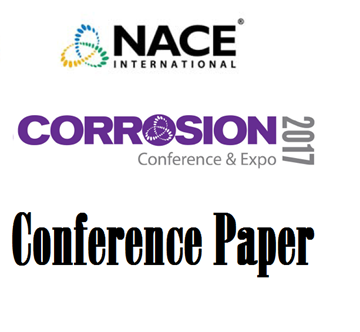Search
Products tagged with 'pitting potential'
View as
Sort by
Display
per page
09194 Evaluation of Crevice Corrosion Resistance of Duplex and Super Duplex Stainless Steels for Seawater Pumps
Product Number:
51300-09194-SG
ISBN:
09194 2009 CP
Publication Date:
2009
$20.00
51317--9708-Electrochemical Behavior of Prestressing Steel in Alkaline Electrolytes: Influence of Chloride Ions
Product Number:
51317--9708-SG
ISBN:
9708 2017 CP
Publication Date:
2017
$20.00
Development Of Unified & Methodology Examining The Critical Pittng/Repassivation Potential And Temperature
Product Number:
51321-16855-SG
Publication Date:
2021
$20.00
Investigation On The Localized Corrosion Performance Of Lean Duplex Stainless Steels In Urban Wastewater Treatment Plants
Product Number:
51322-17756-SG
Publication Date:
2022
$20.00




